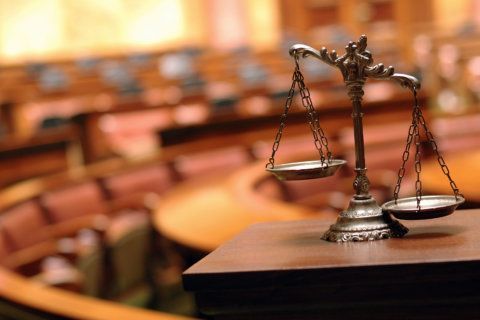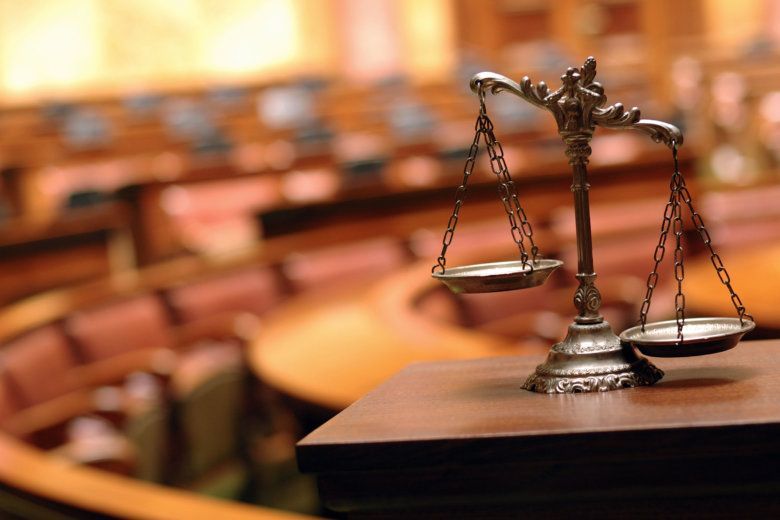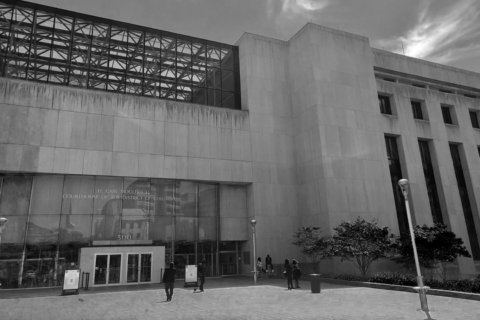
A Catholic priest convicted of sexually abusing two girls at a D.C. church is seeking a new trial, saying he was unfairly prejudiced, and denied a fair trial in D.C. Superior Court.
Urbano Vazquez, 47, was found guilty on all four counts Aug. 15, after a seven-day jury trial. The crimes happened between 2015 and 2017, while Vazquez was an assistant pastor at the Shrine of the Sacred Heart, in the Mount Pleasant and Columbia Heights neighborhoods in Northwest D.C.
Vazquez was convicted of one count of second-degree child sexual abuse of a 13-year-old. He was found guilty of two counts of second-degree child sexual abuse and one count of misdemeanor sexual abuse of a child who was nine.
Vazquez faces a maximum sentence of 45 years plus 270 days when he’s sentenced by Judge Juliet McKenna on Nov. 22.
In his motion for a new trial, defense attorney Robert Bonsib cited six trial errors that he believes deprived his client of a fair trial.
In denying the defense request to try Vazquez separately for each of the victims, Bonsib said, “It is highly likely that the evidence was amalgamated in the jury’s mind into a single inculpatory mass.”
Although the circumstances surrounding the two victims were different, Bonsib said the jury would likely “cumulate the evidence of various crimes, infer a criminal disposition of the defendant, or become hostile to a defendant charged with multiple crimes.”
Additionally, Bonsib said prosecutors were allowed to introduce evidence of other alleged, but uncharged acts that showed Vazquez’s “unusual sexual preference” for young girls. Bonsib said the evidence “was admitted for the sole purpose of showing propensity to commit the charged offenses.”
Vazquez’s attorney said testimony from the government’s expert witness, Dr. Stephanie Wolf, about patterns and symptoms of child sexual abuse and the delayed disclosure of incidents “was unduly prejudicial, confusing and misleading to the jury.”
According to the defense motion: “Dr. Wolf…testified about numerous ‘grooming’ techniques that were not at issue in this case, yet suggested the opposite to the jury.”
The judge provided prosecutors with 30 days to respond to the defense motion for a new trial.








